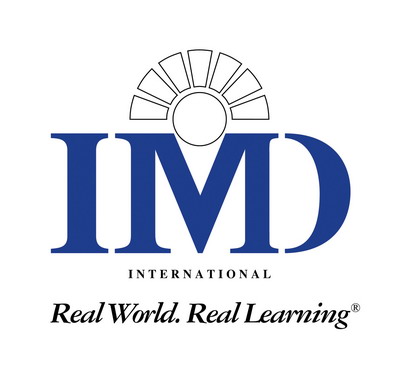
The U.S. retakes No. 1 spot in global competitiveness survey
The United States retook the No. 1 spot in the IMD World Competitiveness Center rankings after occupying the No. 2 position last year.
The survey, which has been produced by the Switzerland-based business school since 1989, cited America’s “a rebounding financial sector, an abundance of technological innovation and successful companies” in explaining the top ranking. See the IMD survey.
IMD uses the survey to assess a country’s position in the global economy and looks at some 300 criteria. The performance is a positive sign that America’s competitive position is perceived as world-class even if it is threatened by fiscal woes and political mismanagement.
“An economy’s competitiveness cannot be reduced only to GDP and productivity because enterprises must also cope with political, social and cultural  dimensions,” IMD said in a statement. “Therefore nations need to provide an environment that has the most efficient structure, institutions and policies that encourage the competitiveness of enterprises.”
dimensions,” IMD said in a statement. “Therefore nations need to provide an environment that has the most efficient structure, institutions and policies that encourage the competitiveness of enterprises.”
American competitiveness is also a matter of national security. In the 21st Century, military might is an undeniable cornerstone of national power yet international influence depends on economic and social prosperity. See the American Security Project report, “American Competitiveness: A Matter of National Security.”
Other rankings, such as the World Economic Forum’s annual survey, put the U.S. well off the podium. The WEF ranks the U.S. 7th place. See the WEF report.
In IMD’s report, the dynamism of the economy, a skilled workforce and access to financing were among the top three factors cited by executives in the attractiveness of the U.S. Of note to Washington, however, the corporate tax rate, the federal deficit and immigration laws were cited as among the top weaknesses.
Both the IMD and WEF reports show that if the 21st Century is to truly remain an American Century – there is a lot of work to do, and not a lot of time to do it.






